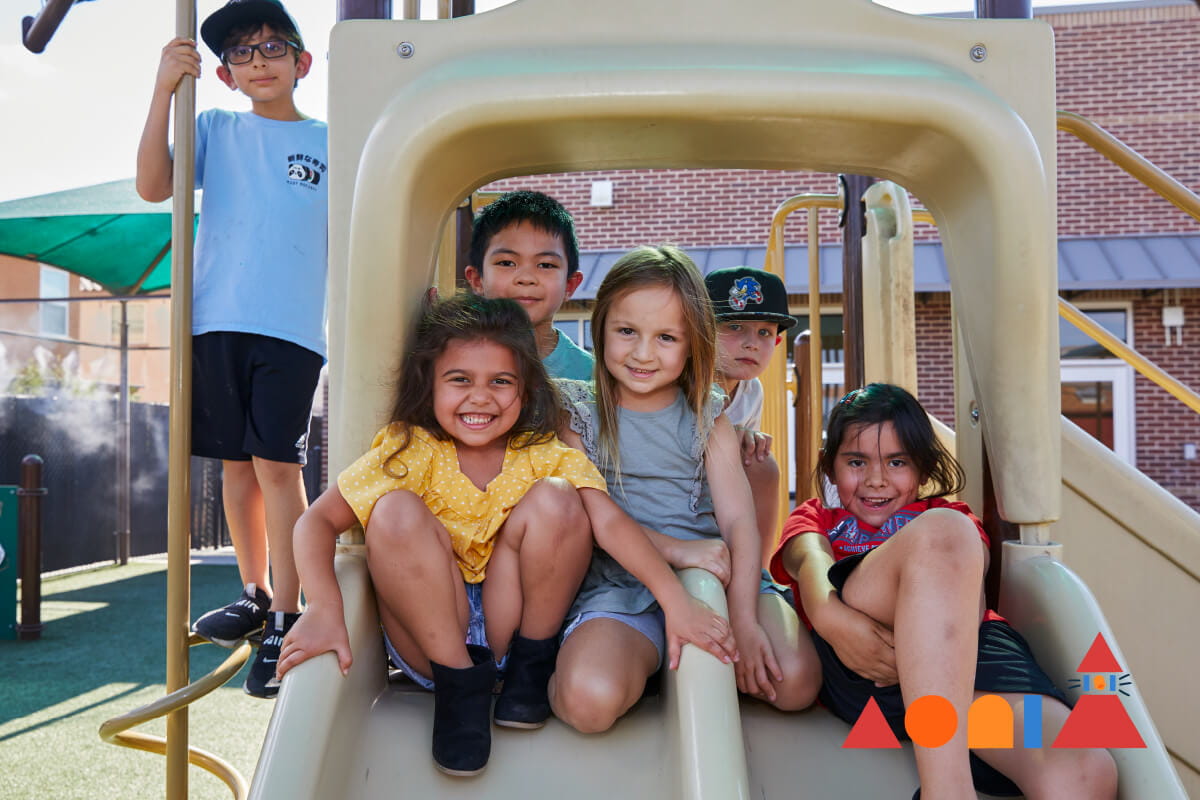How to Raise a Community-Minded Child

1. Explore with gusto!
Parks, pancake breakfasts, performances, community craft shows: Step 1 for helping your child develop a positive community mindset is getting out in it (and having fun)!
2. Talk with people who help you.
When you take the bus, talk with the driver and point out places you see out the window. When you go to the library, ask the librarian to help you find a book that your child might like. “It’s great for children to see you talking with and enjoying other people’s company,” says Kathie Boe, Vice President of Quality & Accreditation at KinderCare Education. If you show respect for community members and the important jobs they do, your child will learn to respect others just by being with you.
3. Introduce your child to people who make your community work.
At our centers, we host community guests, such as firefighters, librarians, local politicians, and police officers. But you don’t have to be at a center to meet these good citizens. Many communities offer similar opportunities. Fire stations, Humane Societies, or even local bakeries often will provide tours for groups of curious children.
4. Give your child the chance to be part of a conversation.
When you ask for assistance from community members, children can learn how to solve simple problems. In the grocery store, ask a clerk where the butter is or the spices are. When your child is older, have him or her ask the questions, too. Asking simple questions, supported by you of course, is a great way to help your child see how we all help each other.
5. Tell the story of your community.
When you go to the park or the zoo, have a conversation about it afterwards. Ask open-ended questions that allow you to have a good exchange with your child, such as, “What was your favorite part?” or “What was the funniest thing you saw today?”
6. Let them role play.
Between the ages of three and five, children love to participate in imaginative play, a few simple props lets them try on all sorts of community roles, from bakers to postal workers. Want to make a post office? Provide tape, bubble wrap, envelopes, a mail bag, and shoeboxes to fuel their imagination.
7. Pitch in!
Having our children volunteer alongside us teaches them how important it is to help others (or the environment). Preschoolers love sorting and could use that skill to help stock shelves at a food pantry, kids who like to dig might help plant a tree, or help clean up a park (all with your supervision, of course).
8. Get involved in your child’s world.
Research shows a positive relationship between parents volunteering at their child’s school and preschoolers’ mastery of things like expressive language and academic performance. Visiting your child’s community may be the most rewarding thing you do!
9. Don’t worry, be happier!
Raising a child who engages with her community may help her to be happier and healthier in the long run if she continues to help others as she grows up. Research on adults has shown the positive effects of volunteering—so get out there and get involved in your community! Helping others makes everyone happier, and that's a real win-win.




